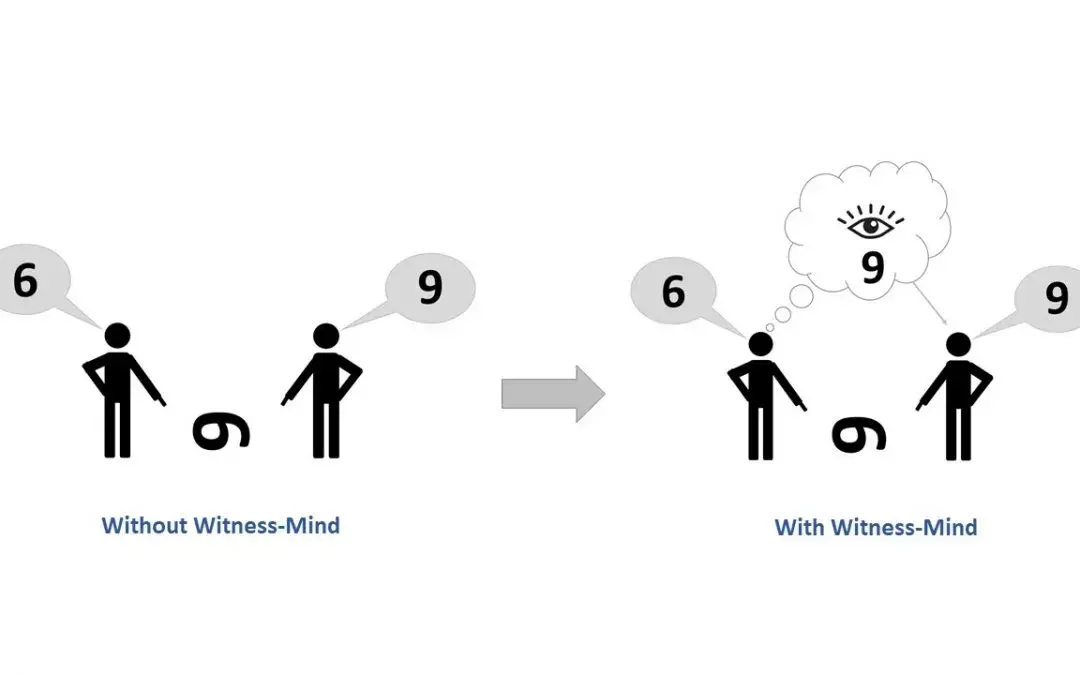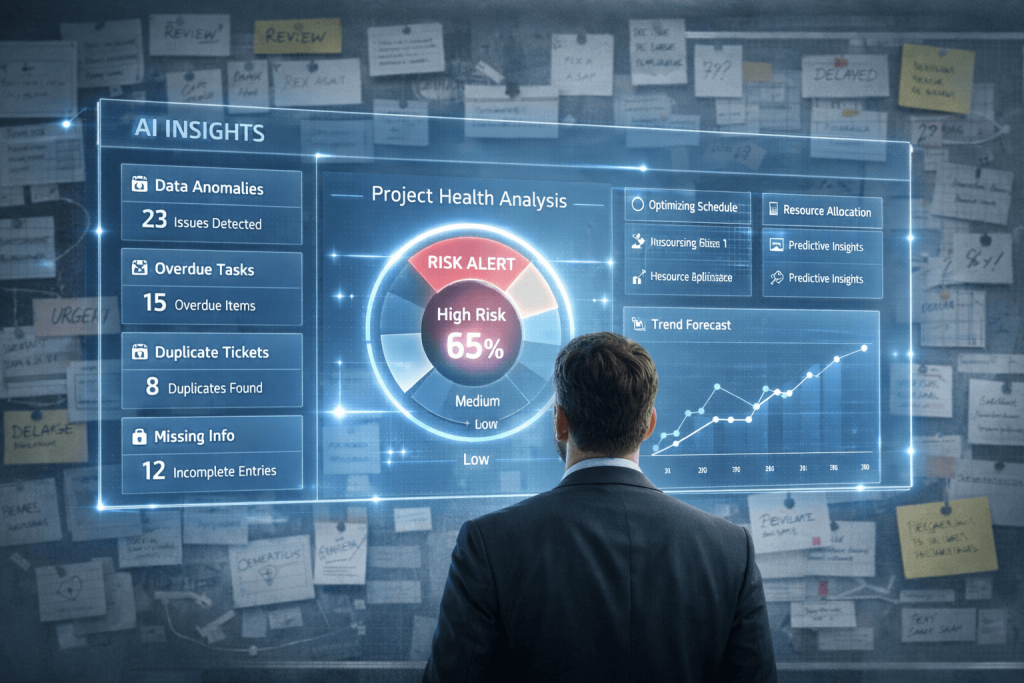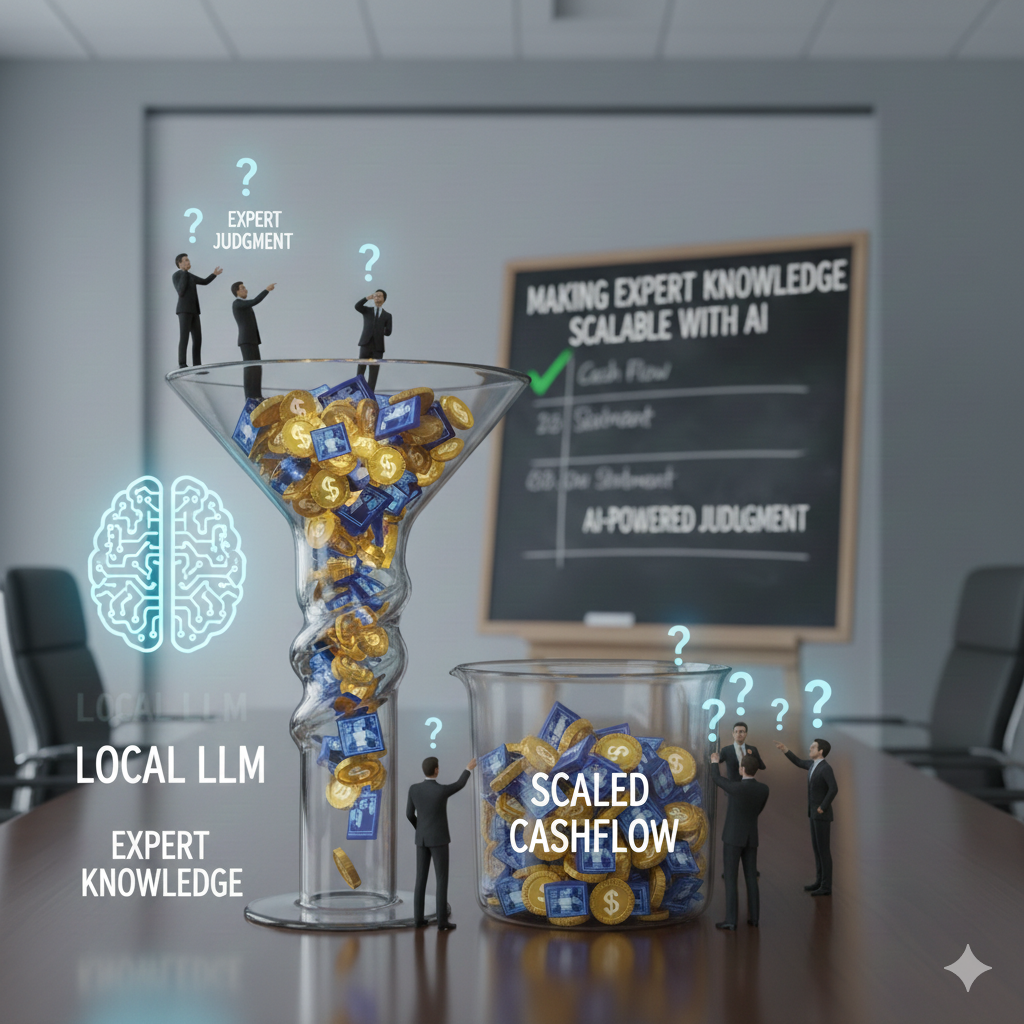We wonder many times why other people don’t understand us, why they are so wrong in their thinking/ideas/ideologies, why they are so insensitive in their behaviors, and so on… Have we considered the possibility that others may be feeling the same about us?
This happens because of lack of empathy. We have certain ‘values’ – what we consider as important: we think this is right, that is wrong; this is good, that is bad etc. When we are not empathetic, we expect everybody else should value what we value. When we are empathetic, we understand that just like we have certain values, others have their own values – their own rights & wrongs, good & bad, … And we respect that.
Empathy is one of the greatest qualities needed in Leaders. Only through empathy, Leaders can build teams with diversity & inclusion – they respect people with diverse values, ideas and they build an environment where people mutually respect diversity. Such teams with diversity are the sources of innovation; homogeneity cannot breed innovation.
Good Leaders surround themselves with people who have skills & traits that are complementary to them (not-so-good leaders tend to recruit people who are ‘like them’). This requires great self-awareness and empathy.
Can one develop empathy or is it inborn? Good news is that we can cultivate empathy. Witness-Mind is a powerful tool to build empathy.
This is how to practice it:
For every transaction with others, be it a direct face-to-face conversation or phone call or while writing an email or even thinking about them, we create a conscious thought process in our mind, which observes ourselves as well as the other person(s) as if a third-party watching from the top, as shown in the picture. This brings a neutral unbiased view of our own thoughts & actions and helps us look from other persons’ perspectives. It’s like a daemon process in computer Operating System which observes all other processes.
Caveat: Sympathy is not Empathy. During our Mindful Leadership workshops, this is one of the frequently asked questions: If people become empathetic, will they become too soft and lose the competitive edge? This question comes when people misunderstand Empathy as Sympathy. If a surgeon sympathizes with the patient as it creates pain and avoids an operation, that is not empathy.
Here is a short story to illustrate the difference between sympathy & empathy: A little girl watching a butterfly struggling to break open the shell, cut open the shell to help the butterfly. But then the butterfly couldn’t fly after coming out as its wings were too weak – it’s nature’s way to build strength through the process of struggle. Was the girl empathetic or sympathetic?
Google’s “Search Inside Yourself” Leadership program emphasizes ‘compassionate’ leadership, as such Leaders inspire and bring the best out of people, build collaboration within the organization and outside and create larger impact.
Caution: Witnessing is so powerful that one might get enlightened 😊 – one might realize that we are not this finite body-mind complex, but we are the infinite existence/consciousness!
The Witness-mind practice looks simple, but is hard to practice, because we get carried away by our own thoughts & emotions and lose awareness. Self-awareness is central to all Emotional Intelligence, Empathy being one of the components. Mindfulness practices are a practical way to develop higher self-awareness
Here is an invitation for you to explore, experiment and experience with some of the Mindfulness practices
Stay tuned for more in Mindful Leadership series
You can download a free eBook on Mindfulness@Work here.
You can practice audio/video guided Mindfulness techniques here.
You can get more info on Mindful Leadership here.
If you are curious & adventurous and want to explore & experiment deeper, watch the following videos in that order:
- Managing Self with Mindfulness@WFH : Managing Self
- Holistic Mindfulness – Body, Mind, Energy Integrated Approach: Holistic Mindfulness
- Beyond Mindfulness – No Mind : Beyond Mindfulness




